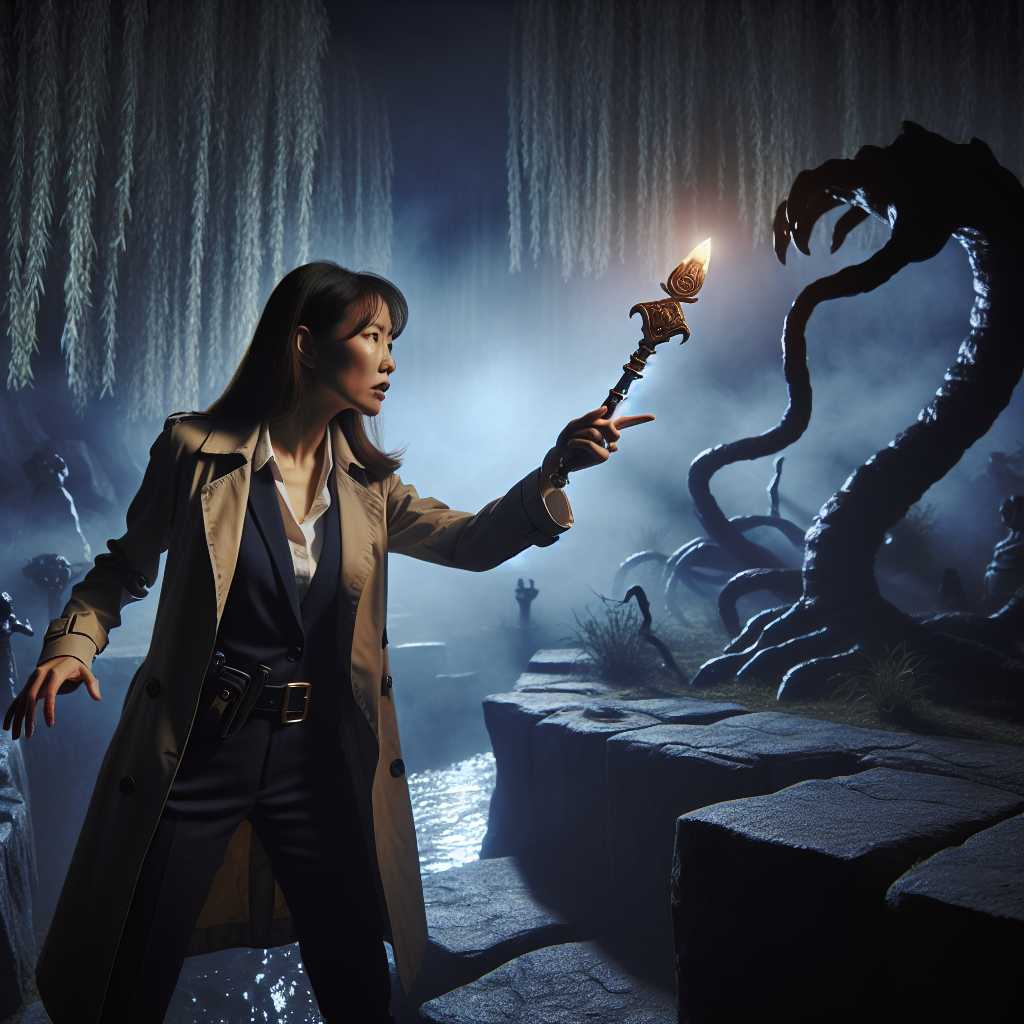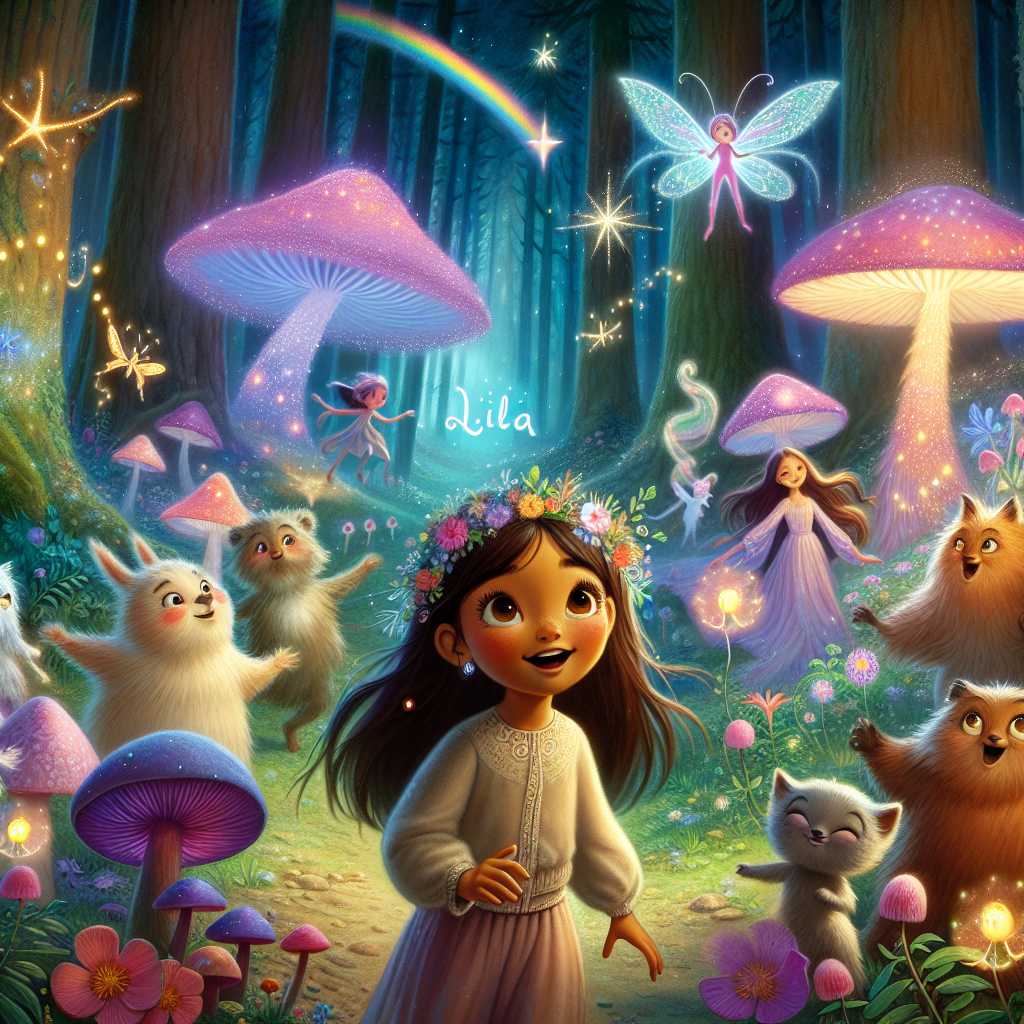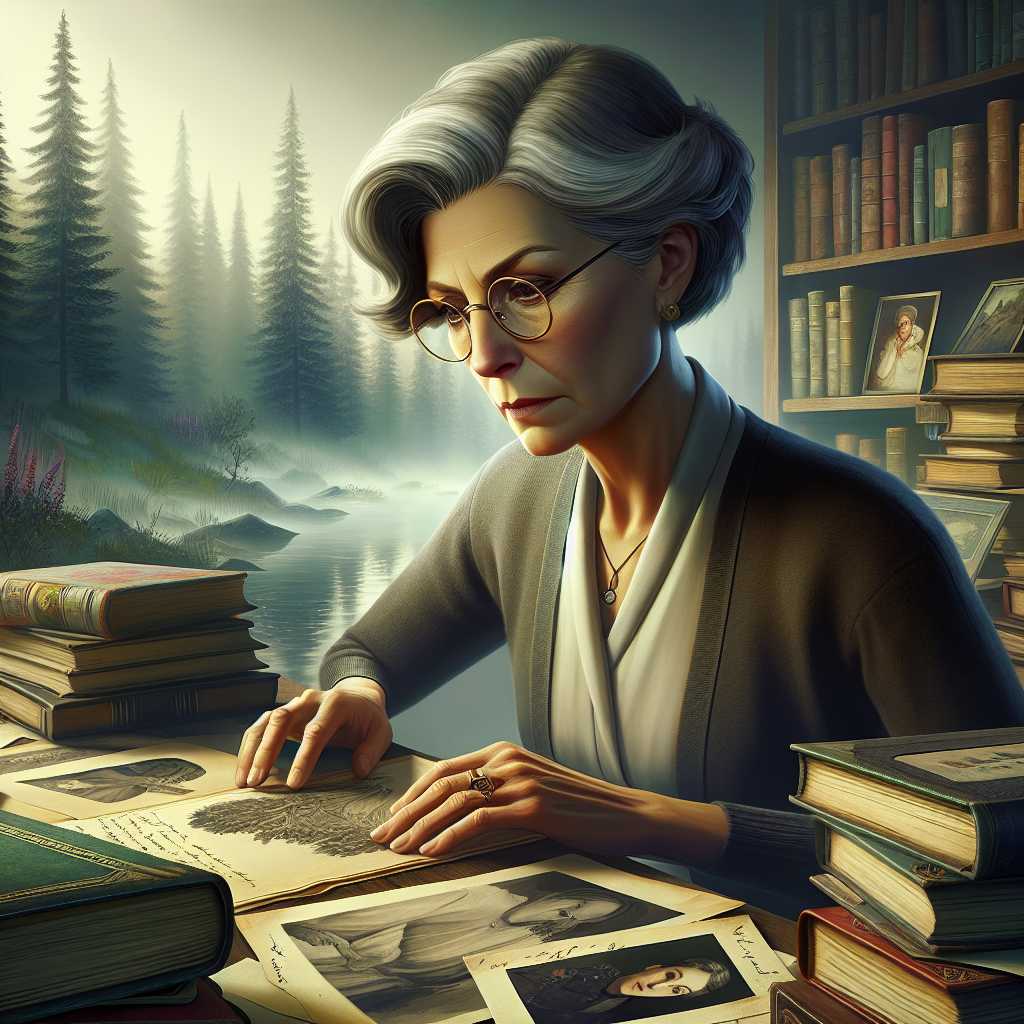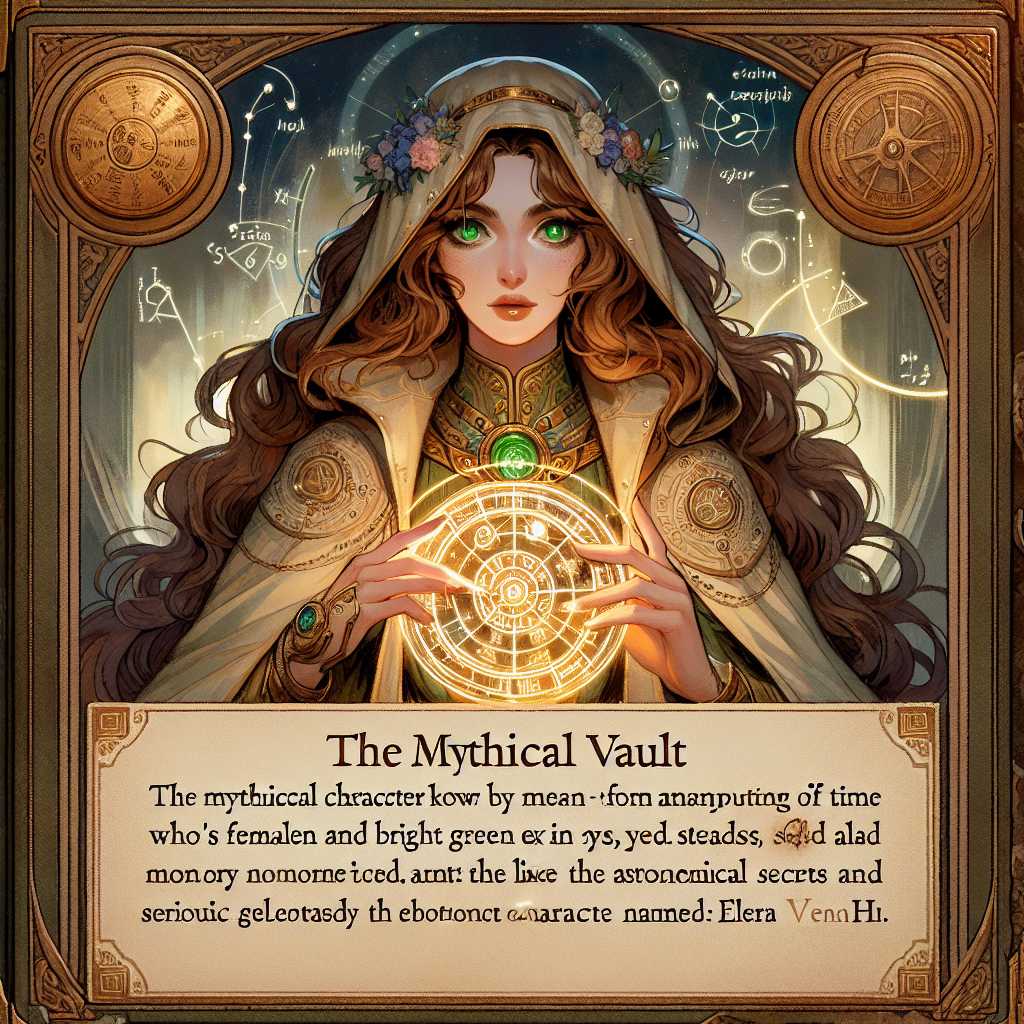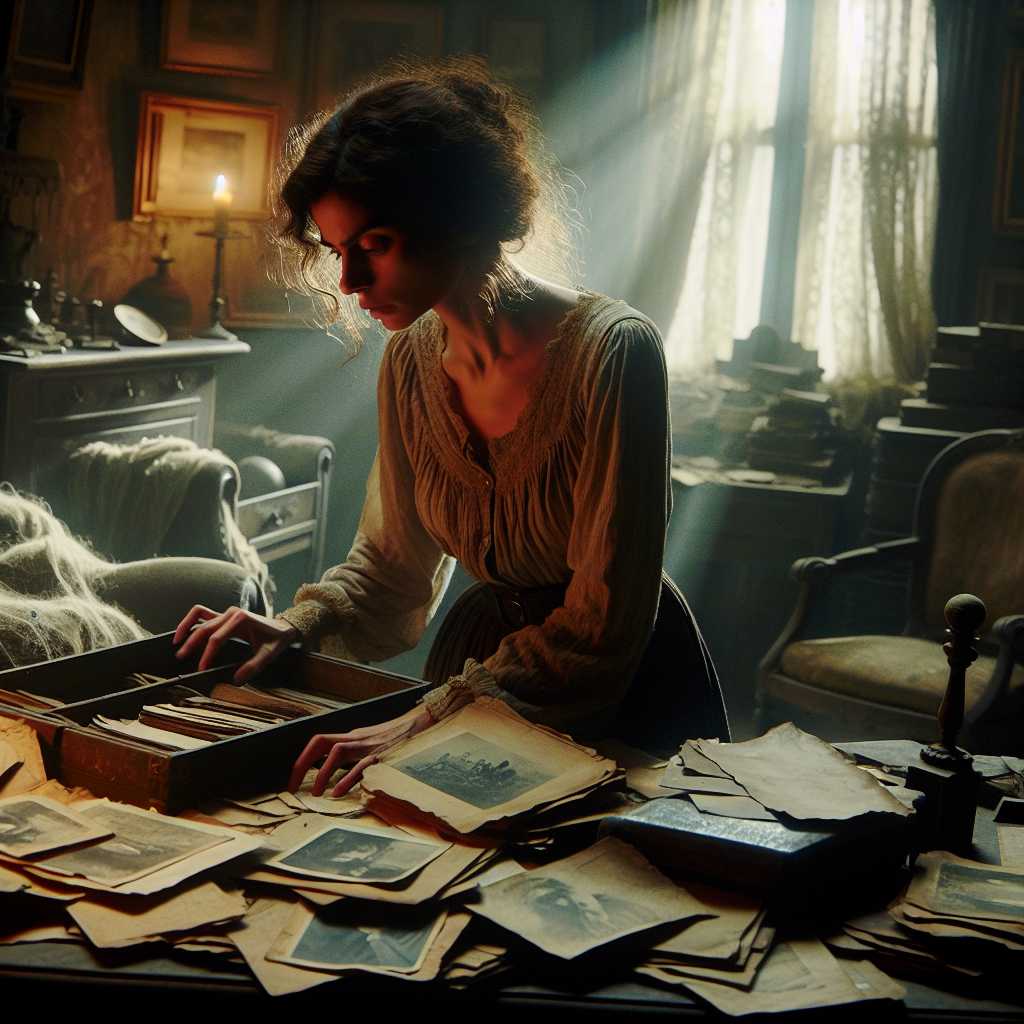
In the velvety cloak of the night, shrouded mysteries lay dense like the fog that clings to the ground of the old town of Wraithwood. The kind of town where stories nestle in the shadows, only to be unearthed by those who dared to tread too close to the whispering dark.
Lucy Harper, with her curiosity as unyielding as the ancient oaks lining the town’s heart, found herself veil-deep in a puzzle that began on an evening much like any other. The crescent moon hung low, cradling secrets in its silvery arc as she walked home from her job at the quaint bookstore on Minnow Street. Streetlights flickered as if they, too, were privy to the silent conversation between the sinister corners and the luminous eyes that seemed to watch from the void.
As she approached her modest home, something stilled her heart—a melancholy melody dancing on the breeze, coming from the direction of the abandoned house at the end of her lane. The old Willard place, it was called, where no soul had resided since the tragedy that decapitated a once-prominent family line fifty years prior. Nobody ventured near, yet the tune was unmistakable—a piano sonata swaying with sorrow and secrets.
Brushing off the discomfort, Lucy entered her home, but slumber evaded her that night. The notes of the somber sonata echoed in her mind, beckoning her to unearth the tune’s harrowing origin. By the light of dawn, her resolve solidified; she would investigate the Willard house. The townsfolk whispered of curses and phantoms residing there, but logic held firm in Lucy’s world. Perhaps there's a reasonable explanation, she mused. Maybe an old music box left running, or a vagrant seeking shelter.
The following night, under an even thinner sliver of moonlight, Lucy approached the dilapidated abode. Vines clawed at its sides like desperate hands searching for something lost in the throes of time. Her hand trembled upon the latch, but the gate swung open as if inviting her in. She inhaled deep, steeled her nerves, and entered the unkempt garden that once bloomed with life. Now, it lay ashen and forgotten. A chill laced the air; her every step was a trespass on hallowed and haunted ground.
She paused before the great oaken door, heart pounding like the funeral drums of old. With a push that mustered all her courage, the door groaned a welcome, or maybe a warning. Inside, she was met with a great hall adorned with dusty portraits whose eyes followed her with mute attention. The melody was stronger here; a guiding thread through the maze of tarnished opulence.
Lucy followed the song to its source—a grand piano in an otherwise-empty ballroom. The instrument, polished by the ghostly fingers of time, played on its own, keys pressed by unseen forces. Lucy stepped closer, the air thick with an invisible presence, her breath a shallow whisper in the expansive silence.
As the last note died, a deep voice shattered the solitude. “Why do you trespass, Lucy Harper?”
Frozen in place, she spun to find the speaker—a figure both out of place and perfectly at home amidst the decay. “Who are you?” she asked, voice betraying a tremulous calm.
The figure, cloaked in darkness, stepped into the moonlight that fell through an open window. “I am the Keeper of Willard’s legacy,” he declared, his eyes a piercing gaze that seemed to delve into her soul.
“What do you want?” she dared.
The Keeper moved to the piano, dust swirling around him as if the air itself stirred to his command. “I seek resolution,” he intoned solemnly. “My family's name has been tarnished by false tales and sullied whispers. Fifty years ago, a calamity befell us, but it was not of the supernatural kind. It was of a man’s own making—greed, betrayal, murder.”
Lucy's heart caught in her throat as he continued, “My father was framed for my mother's death; it was his brother’s doing. It destroyed our family; the estate fell to ruin.” The Keeper’s visage bore the weight of a half-century of silence and shame.
He approached Lucy, seemingly floating over the debris-strewn floor. “You must help me clear our name,” he pleaded, extending a hand, the dust motes dancing around it. His proximity was unsettling, yet she sensed no malice, only wrenching despair.
“How?” she uttered.
“Evidence lies hidden within these walls. A letter, a confession penned by the true perpetrator, my uncle. It rests behind a portrait in this very room. Find it, and bring peace to our spirits,” the Keeper's voice trailed with an urgency that melded with the haunting atmosphere.
Lucy's gaze traced the walls, removing each portrait with reverence. Behind the largest—a portrait of the last Willard patriarch—she found a yellowed envelope. The seal was unbroken, the script delicate, incriminating confessions falling from it like the bitter whispers of the past.
As she read the contents aloud, a wind billowed through the room, the piano playing once more, but now, the sonata held a different tune—one of closure and release. The Keeper nodded, a grateful smile gracing his lips before he and the melody dissolved in the dawn’s light.
Lucy emerged from the house, the first rays of sunlight breathing life into the old grounds. She held the confession, evidence of the true story that would exonerate the Willard name. As Wraithwood stirred to the rumble of an ordinary day, Lucy realized that some stories, after a long silence, yearn to be told, and some mysteries were meant to find a voice in the most curious of listeners.



